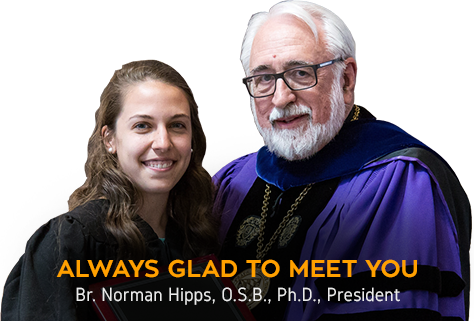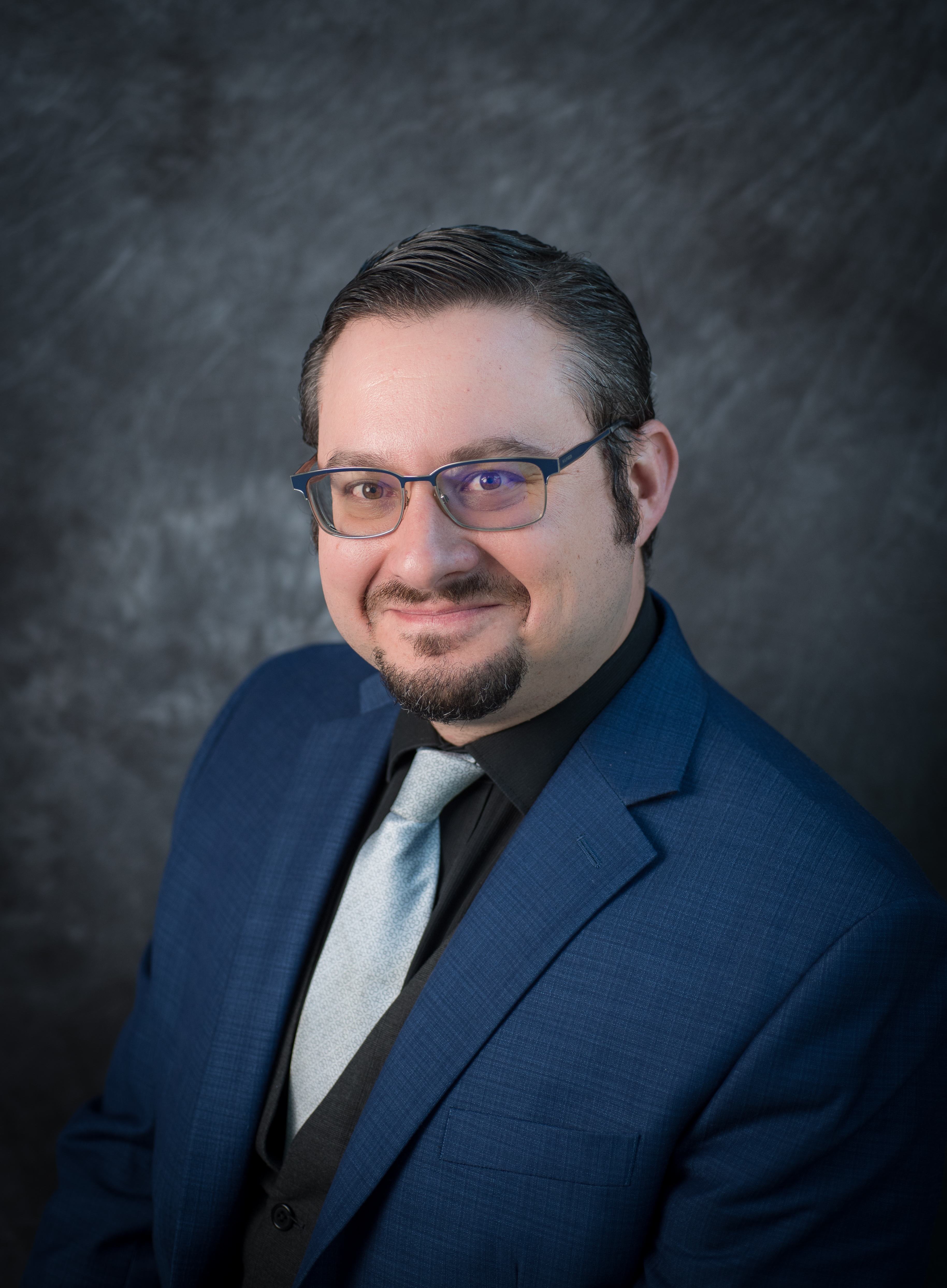At first glance, it might seem strange that a professor who studies how people work and who teaches about workplace behavior would write a blog on prayer. But that is exactly what I am doing this month because I believe that prayer is very much related to my research and teaching. Work is important because it is one aspect of life that can help to provide meaning for people and, when focused on and coordinated toward improving the common good, work can help to create a better world. Moreover, as stated by Lauren McTaggart in “The Benedictine Handbook” (2003), work and prayer are closely related. From an earlier blog that I wrote, this is certainly my belief.
My understanding is that this belief also fits in with the philosophy of Saint Vincent College. Crucial to our culture at Saint Vincent and to the philosophy of the Order of Saint Benedict is the phrase “Ora et Labora,” which suggests a linkage between prayer and work. Thus, prayer and work are acknowledged to be interrelated by the Benedictines.
Taken even further, perhaps it could be suggested that work might even be a “type” of prayer. There are, of course, many forms of prayer and engaging in work may be but one. To me, praying can be about engaging in the act of “doing something,” especially when this action is directed at helping others. Prayer can be about being the change you want to see in the world around you and helping this change come about for God’s glory. This type of prayer is about engaging in action. The act of doing work fits this description (so long as it is done for a greater purpose and not just “busy work,” of course).
It seems like some people may become frustrated when they hear the phrase “thoughts (or hope) and prayers” being offered when something bad happens. Perhaps this frustration is reasonable – sometimes when people say this, it seems like a cop-out to do nothing to improve a situation if there is no action behind the words. But the frustration could also be due to an unawareness of work as a type of prayer. When “prayer” is meant as a signifier of action, this statement can be quite powerful.
However, it may be that this action type of “prayer” is the intent of this phrase on too few occasions. But, when it is, what kind of “work” or action can we do to actually make a positive change? The famous leadership author and consultant Robert Greenleaf (2002) suggests getting involved as an insider to a group of people. This implies actively being a part of groups (including, but not limited to, businesses, religious organizations, schools, non-profits and society in general) that can be (and need to be) improved.
Such an opportunity for prayer through work could also be to give time to one’s community. Colleagues and I have argued for volunteering (Sprinkle & Urick, 2018), a type of work in which no payment is expected, as a way of making a change to one’s community while also often improving oneself, for example.
Do you agree that work and prayer are linked? In what ways have you viewed your work to change the world for the better? I love learning from your insights. Leave a comment below, email me at michael.urick@stvincent.edu or connect with me on Facebook, LinkedIn or Twitter.
Dr. Mike Urick
Greenleaf, R. K. (2002). Servant leadership: A journey into the nature of legitimate power and greatness. 25th Anniversary Edition. Paulist Press.
McTaggart, L. (2003). Work. In The Benedictine Handbook (pp. 114-118). Liturgical Press: Collegeville, MN.
Sprinkle, T. A., & Urick, M. J. (2018). Three generational issues in organizational learning: Knowledge management, perspectives on training and “low-stakes” development. The Learning Organization, 25(2), 102-112.


 中国学生
中国学生 Estudiantes
Estudiantes




